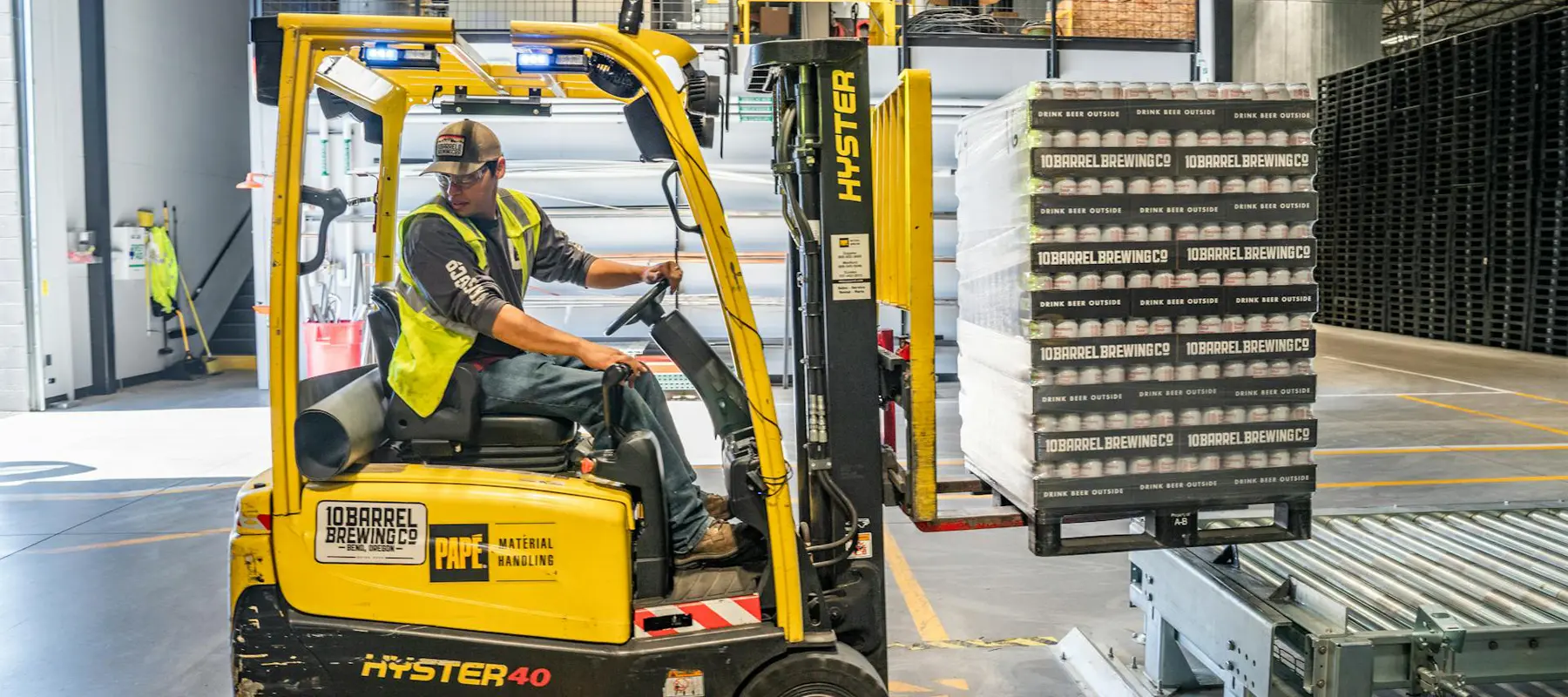The new Immigration Law that came into force in 2025 marks a turning point for those seeking residence for foreign workers in Spain 2025. This legal reform not only updates bureaucratic procedures but redefines which professional profiles can access residence in Spain and under what conditions. It now includes traditional employees, self-employed individuals, remote professionals, and digital entrepreneurs.
In this article, we explain what has changed, how it compares to the previous system, and what it means for freelancers, remote workers, and other foreign professionals interested in legally residing in Spain.
What Did the Previous System Allow?
Until 2024, residence and work permits for foreign nationals in Spain were governed by outdated and restrictive conditions:
- Work visa tied to a specific job offer from the country of origin.
- Difficulty changing legal status once in Spain (e.g., arriving as a tourist or student).
- Economic and bureaucratic requirements incompatible with new digital work models.
- Virtually no legal coverage for remote workers or digital nomads.
- Long waiting times to obtain self-employment permits or launch entrepreneurial projects.
The system favored traditional labor structures, excluding many qualified professionals whose work did not fit into existing categories.
What Has Changed in 2025 for Foreign Workers Seeking Residence in Spain?
The new regulation broadens opportunities and improves legal certainty for foreign professionals who wish to live and work in Spain. These are the main updates under the residence for foreign workers in Spain 2025 regime:
1. Authorization Without Prior Offer from Abroad
A formal job offer from outside Spain is no longer required. Applicants can begin the process within Spain if they can prove:
- Adequate training.
- Sufficient initial financial resources.
- Ongoing or imminent professional activity (including remote work).
2. Recognition of New Work Models
The law now explicitly recognizes the following profiles:
- Self-employed and freelancers: Can apply without proving prior income in Spain by submitting a viable business plan.
- Remote workers: Those working remotely for a foreign company may reside in Spain with a special permit.
- Digital nomads: A specific legal framework is created, combining residence authorization with tax benefits (linked to the Startup Law).
3. Faster and Digital Processing
The entire process can be completed online, with resolutions issued in under 60 days and the possibility of receiving electronic notifications. Additionally:
- Fewer documents are required.
- Applications can be submitted with a digital signature from abroad.
- Rejections must be fully justified and can be appealed without a lawyer in the first instance.
Which Profiles Benefit Most from the New Law on Residence for Foreign Workers in Spain?
With the new law, several groups gain greater recognition and legal certainty. Here’s how:
Employees
- Can change employers without restarting the process.
- Permits are not automatically canceled if employment is lost; there is a reasonable grace period to find a new job.
- Demonstrable work experience in high-demand sectors is now a positive factor.
Self-Employed and Entrepreneurs
- Business plans no longer require large upfront investment.
- Priority is given to sectors like tech, online education, legal services, design, and healthcare.
- Social Security offers benefits to new resident self-employed individuals.
Remote Workers
- Can live in Spain while working for a foreign company.
- Only need to prove a stable contractual relationship and sufficient financial means.
- Not required to pay taxes in Spain if staying fewer than 183 days per year—unless they opt into the inbound tax regime.
Digital Nomads
- A new renewable visa is available for up to 5 years.
- Requires minimum income equal to 200% of the national minimum wage.
- Preferential access to housing and tax benefits if residing in underpopulated areas.
What Are the Requirements in 2025 for Obtaining Residence as a Foreign Worker in Spain?
Despite the added flexibility, several common requirements must be met:
- Valid passport and no criminal record in the last 5 years.
- Health insurance (public or private with nationwide coverage).
- Proof of professional activity (employment contract, company certificate, or business plan).
- Proof of sufficient income, depending on the type of permit.
- Registered address in Spain (local registration or rental contract).
Practical Comparison: Before and After
| Aspect | Previous System | New Law 2025 |
| Job offer from abroad | Mandatory | Optional, application allowed from Spain |
| Recognition of freelancers | Limited and bureaucratic | Allowed with simple business plan |
| Remote work | Not regulated | Specific permit for remote workers |
| Process | In-person and slow | Digital, max 60-day resolution |
| Compatibility with other visas | Very restricted | Greater flexibility to combine activities |
What If You’re Already in Spain?
If you’re already in Spain as a tourist, student, or without legal status, several options are now available:
- Convert your visa to a self-employment residence permit if you’ve started economic activity.
- Apply for the new remote worker or digital nomad residence permit.
- If you’ve worked informally, apply for regularization through the updated 2025 labor-rooting procedure (arraigo laboral).
How Can Legal Allies Help You?
The residence for foreign workers in Spain 2025 reform opens new opportunities, but also requires careful legal planning and documentation. At Legal Allies, we help you:
- Identify the most appropriate type of permit for your professional profile.
- Draft your business plan or clearly establish your work relationship.
- Submit your application correctly with all required documents.
- Resolve doubts about taxes, Social Security, and permit renewals.
You will also find detailed and regularly updated practical guides on our platform related to the new immigration regulations.




